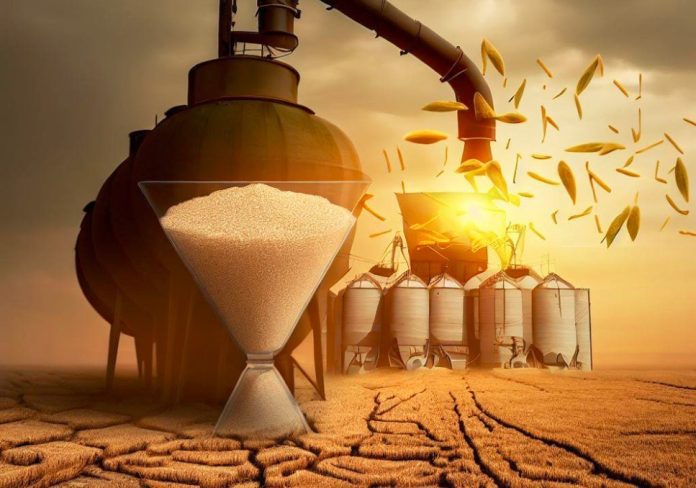News in brief: The world’s top nine fertiliser companies saw a 36% boost in profit margins in 2022. These have companies benefitted from fertiliser price hikes since after the global pandemic. The increased costs of fertilisers put a strain on farmers, leading to price burdens for retailers and consumers.
According to a report by the Institute for Agriculture and Trade Policy (IATP), the world’s top nine fertiliser producers saw profit margins boost of 36% in 2022.
The nine companies that the report considered includes Nutrien (Canada), Yara (Norway), Mosaic (United States of America), ICL Group (Israel), CF Industries (United States of America), OCP (Morocco), PhosAgro (Russia), OCI (Netherlands), and K+S (Germany).
IATP had released a similar report in November 2022 tagged ‘The Fertilizer Trap’ which anticipated the huge profits that the top fertiliser makers would see. However, even it could not have predicted the exact value being as high as 36%.
Since 2018, the nine manufacturers have been recording an average of $14 billion annually until 2021 when it shot up to $28 billion. They saw $49 billion in 2022, which is troubling as these spikes coincide with growing global food crisis as World Food Programme (WFP) says.
Farmers, struggling to cope with fertiliser costs had to pass the burden to retailers and in turn to the final consumers. In instances where even passing the cost along did not provide a solution, some farmers cut fertiliser use and it resulted in poor production levels.
In countries where the government subsidised inputs heavily, it led to a bigger strain. India, for example, saw its fertiliser subsidy rise from $9.8 billion to $17.1 billion in 2022.
The World Bank, in its frequent reports, blamed the Russia-Ukraine war for rising cost of fertiliser as natural gas price (a key ingredient in producing nitrogen fertiliser) hiked. However, if this was the case, IATP argued that it would reflect in the production cost more evenly. Instead, the companies kept reaping bigger profits. It believes that there is a ‘corporate cartel’ manipulating the industry.

The non-profit urges world governments to impose strict measures like windfall tax on mega fertiliser companies in the wake of this new trend. It also asks farmers to seek other sustainable farming systems that require less fertiliser as their pollution contribution is also significant besides their costs.



